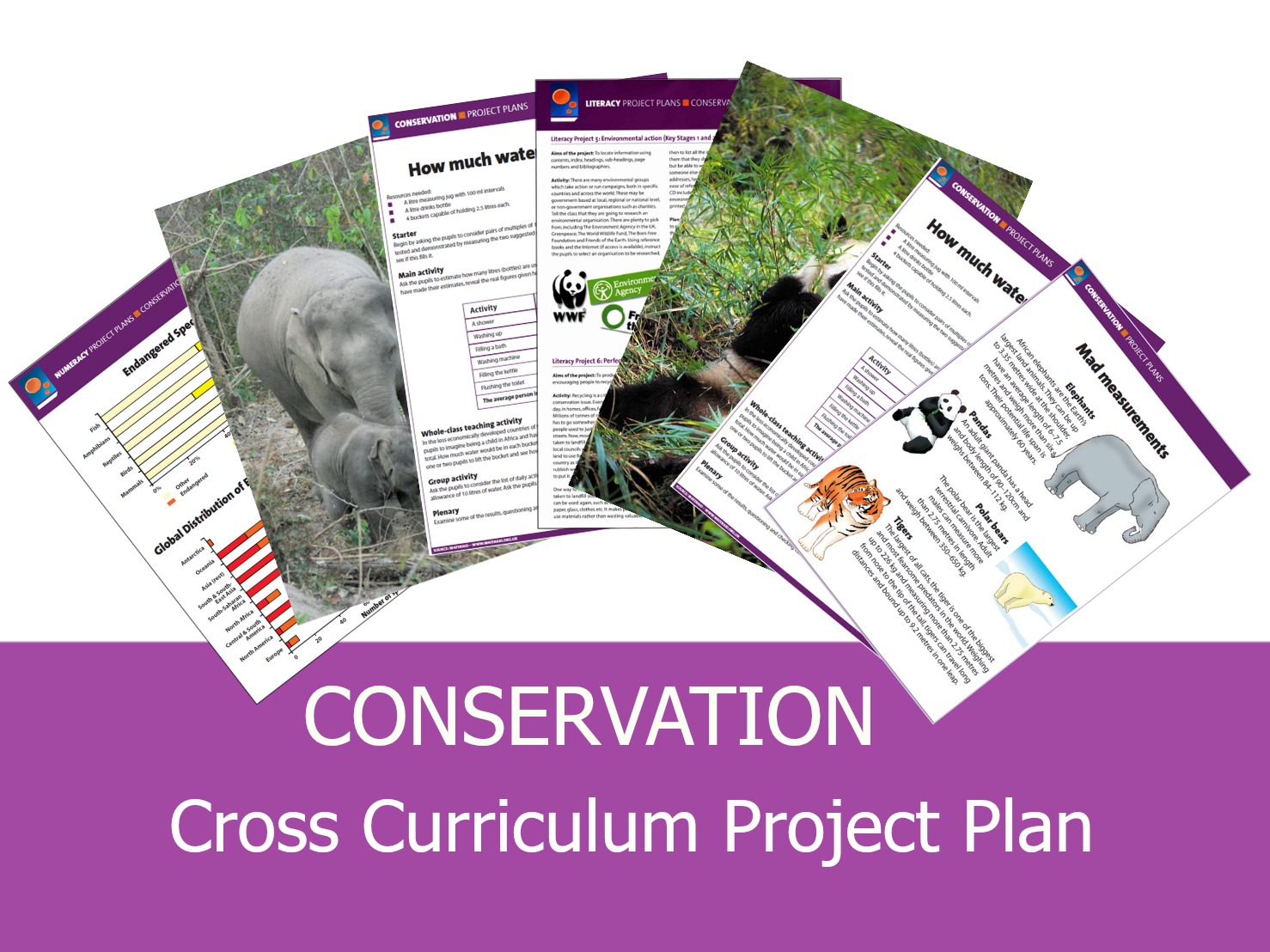Conservation is the preservation or restoration of wildlife and the natural environment. As the Earth has evolved, many species of plants and animals have become victims of climatic and evolutionary changes. However, there are already close to six billion people living on the planet and this number is constantly growing. This means that plants and animals are not only threatened by climate changes or natural evolutionary changes, but also by an ever-increasing range of human activities.
Human interference, through activities such as burning and clearing vegetation, can quickly upset the ecological balance between the plants and animals that live together within an ecosystem and the natural processes that take place there. By managing the impact of humans and conserving habitats effectively, we can protect not only a single species but also the flora and fauna of an entire ecosystem. On a global scale, this means we can maintain biodiversity and reduce the possibility of losing endangered species.
In these cross curriculum project plans, pupils can explore ways in which conservation is important to the world we live in and how we can help to preserve it, through the subjects of literacy, numeracy, science, geography, citizenship, and design & technology.




